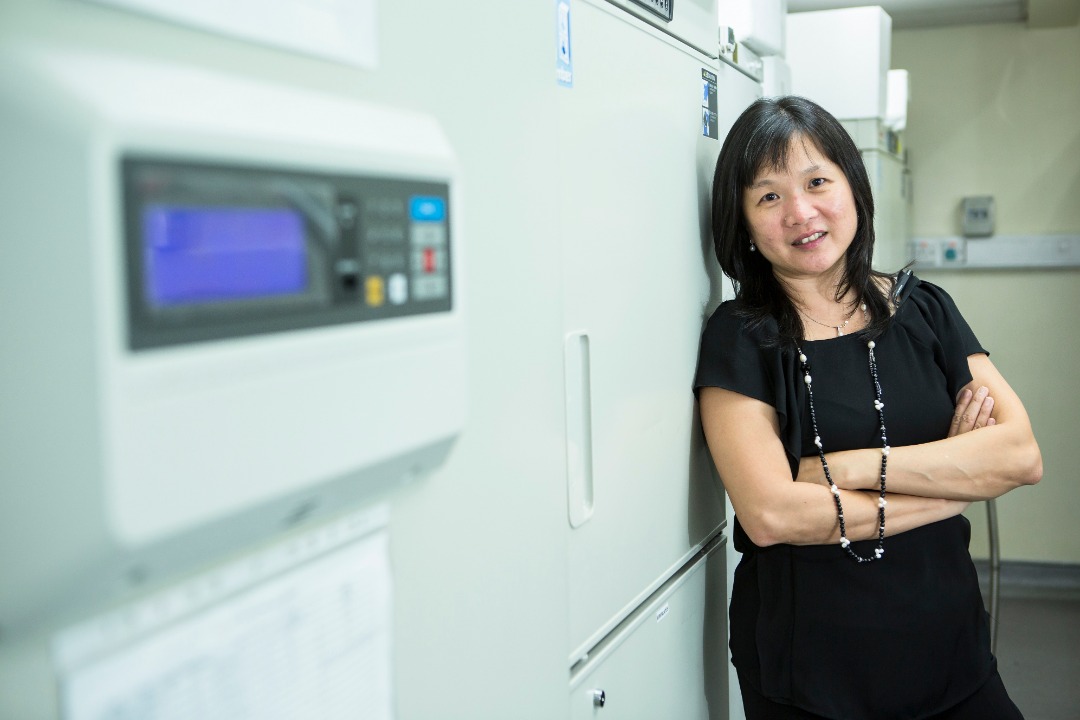KUALA LUMPUR, April 9 — Cancer Research Malaysia (CRM) is working on an oral cancer vaccine and may start human trials by year end, CRM chief scientific officer Dr Teo Soo Hwang said.
During a virtual panel discussion in conjunction with the National Science Week on “Vaccine Development in Malaysia” last Tuesday, Dr Teo said that CRM, a cancer research nonprofit, is about to wrap up their preclinical studies on the oral cancer vaccines.
“This is going to be the first therapy that was developed right here in Malaysia funded by the Ministry of Science and funded by charitable donations to Cancer Research Malaysia for Asian oral cancer patients that will go into human trials,” Dr Teo told the panel.
“We are just about to wrap up the final animal studies, the preclinical studies, and we are putting a package together to get the regulatory authorities. So, if everything goes well, we should go into phase one clinical trials by the end of this year.”
Dr Teo explained that it’s a challenge to identify the right protein that can be used for cancer vaccines and it’s not as straightforward as developing vaccines against infections.
“We have identified two proteins after searching for tens and thousands of proteins,” Dr Teo added.
“The cells will be able to generate an antibody response and that antibody response wakes up the patients immune system to be able to now fight cancer.”
The CRM chief scientist said that immunotherapy will be the up and coming treatment for cancer after surgery, chemotherapy, and radiotherapy.
Vaccine Benefits Still Outweigh Adverse Effects
During the panel discussion that was moderated by Vaccine Minister Khairy Jamaluddin, Dr Teo stressed that the benefits of taking the Covid-19 vaccine outweigh the risks.
She pointed out that because many people are being inoculated currently, certain events that are bound to happen regardless of vaccination, such as having a heart attack or developing a blood clot, are often mistakenly related to the adverse effects of taking the vaccine.
“In other words, whether they had the vaccine, that event would have happened anyway. So, at any certain rate, when you take 10,000 people, one of them or few of them are going to have a heart attack on any one day,” Dr Teo said.
The European Medicines Agency (EMA), the European Union’s drug regulator, said last Wednesday that it found a “possible link” between AstraZeneca’s Covid-19 vaccine and blood clots, but the agency maintained the benefits of the shot outweighed the risk.
The EMA concluded that unusual blood clots with low blood platelets should be listed as very rare side effects of AstraZeneca-Oxford’s Covid-19 vaccine, based on a review of 86 cases of blood clots in the brain and abdomen in the EU and UK, where about 25 million people have received AstraZeneca’s vaccine. Eighteen of the 86 blood clot cases had died.
Sky News reported that the risk of developing a blood clot after receiving the AstraZeneca jab is between 0.0004 per cent and 0.001 per cent. Taking a birth control pill, on the other hand, has a blood clot risk of between 0.05 and 0.1 per cent. This means oral contraceptives have a 125 to 100 times higher risk of blood clots than AstraZeneca’s Covid-19 vaccine.
Malaysia has yet to decide if it will proceed with using AstraZeneca in its Covid-19 vaccine portfolio, or if it will issue specific guidance on the jab, in the light of EMA’s findings. AstraZeneca vaccine supply is due to arrive in Malaysia next month.
The UK and several EU countries have changed their plan on the rollout of AstraZeneca’s coronavirus vaccine, including reserving use of the shot for people aged above 60 or 50, or not giving the vaccine to adults below 30. The Philippines has suspended use of AstraZeneca’s vaccine for people below 60.








